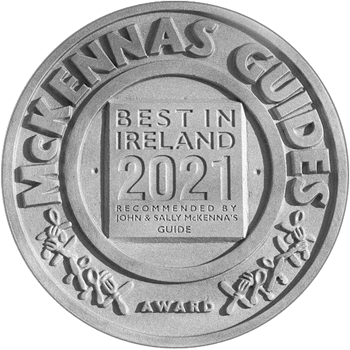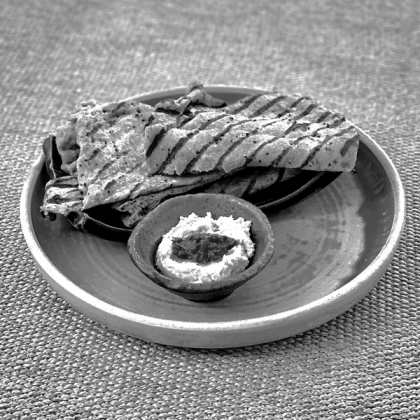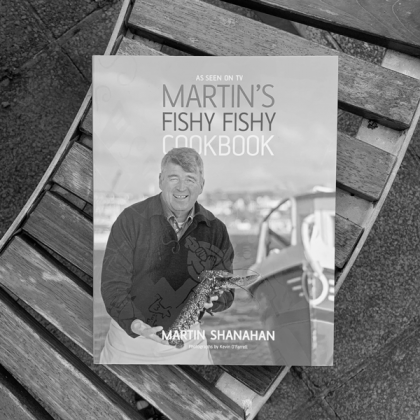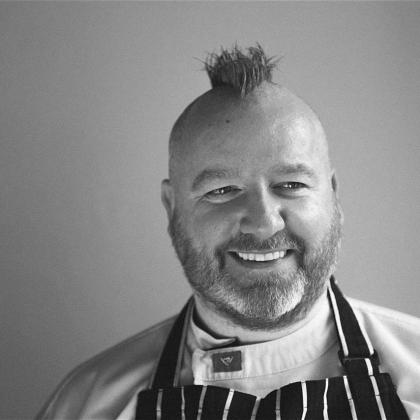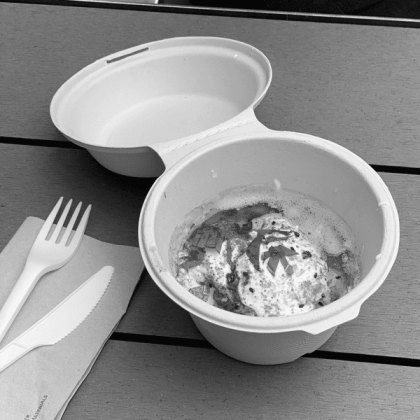It is impossible to underestimate the importance of what was said by the two Ministers for Food at last week's Terra Madre conference. Here is exactly what the Ministers said on the stage in Waterford:
Minister Trevor Sargent said:
“The whole GM debate is for me, like for many people here, at the heart of sustainability and the empowerment of people to grow food. If that power is taken away — and the corporate spin is certainly very strong in the direction of some kind of silver bullet being available through GM — we’ll have gone beyond the point from which it’s very difficult to come back. So we are in this generation, I believe, holding a very important responsibility. And when we look at the experience of farmers — and I think it’s important to talk to farmers rather than to their corporate masters and their professionally-paid spin doctors — the farmers are saying GM is not the panacea for them. Whether you go to the universities which have been carrying out these studies — in Nebraska and Kansas, from Iowa to India — they tell you that farmers have been experiencing not greater but less yield, losing money, and losing market share. The exact opposite of the spin that is being put out there.
And that’s before we talk about the health risks (and they do have to be talked about), the superweeds, the fossil fuel dependency which Colin Sage eloquently pointed out here we cannot continue with – we have to move on from our short-term flirtation with fossil fuels, they are not going to be around to get us out of this particular hole that we have dug for ourselves.
So I do feel that the GM debate is, in that context, a dangerous distraction from the fundamental challenges that have to be faced up to. And the option for us in Ireland is very clear: Ireland — the food island: we can sell that! The green clean food island – they really want that in Germany, as we heard from Professor Ham last night at the organic conference. Anywhere you go where our main markets are, they want that green clean food island. How about if Bord Bía [the Irish Food Board] tries to sell Ireland — the GM laboratory? I wonder how that would go down. Well let me tell you, that would be the end!
So I am particularly glad that Minister Gildernew [the Northern Ireland Minister for Agriculture and Rural Affairs] is here because — she will speak for herself but I have some idea of her opinions on this from the discussions we’ve had in the past — the Programme for Government does not mince its words but also does not take anything for granted. We have to negotiate the establishment of Ireland as a GM-free zone. And that means live GMOs, that means release.
The Northern Ireland Minister for Agriculture and Rural Affairs, Michelle Gildernew MP, said :
“We must protect the diversity of both plants and animals, and avoid damaging natural resources and contributing to climate change... Once we go down the GM route there is no going back: we need to keep Ireland GM-free. And I think that issue – we might not fully recognise it now, but in a very short period of time we could have a unique selling point that nobody else in the world has. And I think as an island economy, we have to protect our status.”
Amen to that.
Minister Trevor Sargent said:
“The whole GM debate is for me, like for many people here, at the heart of sustainability and the empowerment of people to grow food. If that power is taken away — and the corporate spin is certainly very strong in the direction of some kind of silver bullet being available through GM — we’ll have gone beyond the point from which it’s very difficult to come back. So we are in this generation, I believe, holding a very important responsibility. And when we look at the experience of farmers — and I think it’s important to talk to farmers rather than to their corporate masters and their professionally-paid spin doctors — the farmers are saying GM is not the panacea for them. Whether you go to the universities which have been carrying out these studies — in Nebraska and Kansas, from Iowa to India — they tell you that farmers have been experiencing not greater but less yield, losing money, and losing market share. The exact opposite of the spin that is being put out there.
And that’s before we talk about the health risks (and they do have to be talked about), the superweeds, the fossil fuel dependency which Colin Sage eloquently pointed out here we cannot continue with – we have to move on from our short-term flirtation with fossil fuels, they are not going to be around to get us out of this particular hole that we have dug for ourselves.
So I do feel that the GM debate is, in that context, a dangerous distraction from the fundamental challenges that have to be faced up to. And the option for us in Ireland is very clear: Ireland — the food island: we can sell that! The green clean food island – they really want that in Germany, as we heard from Professor Ham last night at the organic conference. Anywhere you go where our main markets are, they want that green clean food island. How about if Bord Bía [the Irish Food Board] tries to sell Ireland — the GM laboratory? I wonder how that would go down. Well let me tell you, that would be the end!
So I am particularly glad that Minister Gildernew [the Northern Ireland Minister for Agriculture and Rural Affairs] is here because — she will speak for herself but I have some idea of her opinions on this from the discussions we’ve had in the past — the Programme for Government does not mince its words but also does not take anything for granted. We have to negotiate the establishment of Ireland as a GM-free zone. And that means live GMOs, that means release.
The Northern Ireland Minister for Agriculture and Rural Affairs, Michelle Gildernew MP, said :
“We must protect the diversity of both plants and animals, and avoid damaging natural resources and contributing to climate change... Once we go down the GM route there is no going back: we need to keep Ireland GM-free. And I think that issue – we might not fully recognise it now, but in a very short period of time we could have a unique selling point that nobody else in the world has. And I think as an island economy, we have to protect our status.”
Amen to that.
